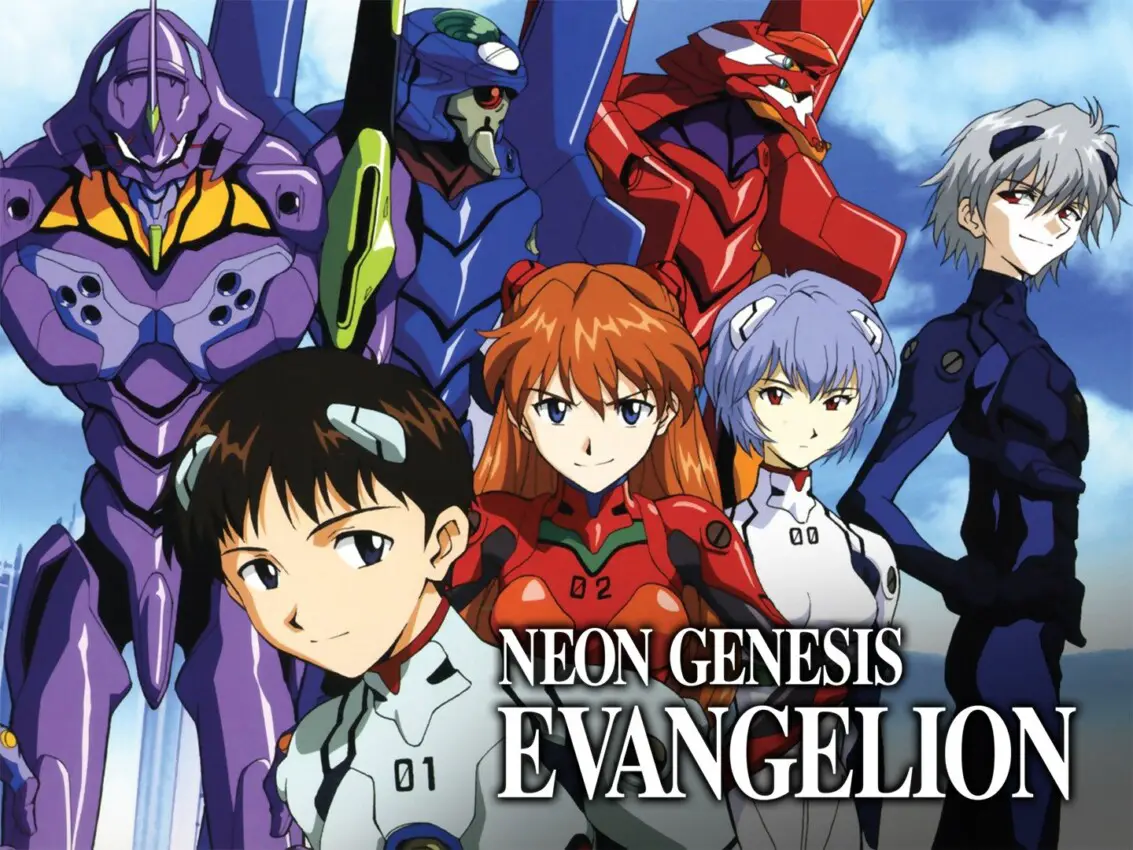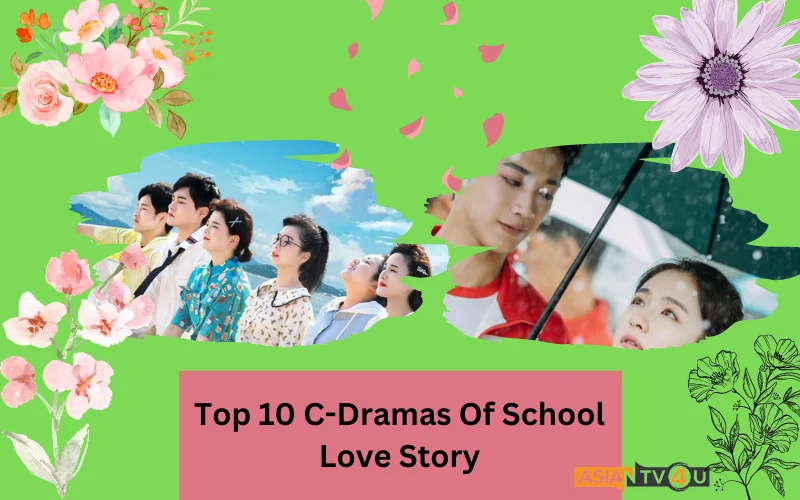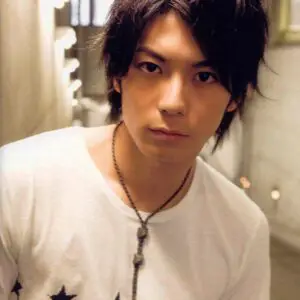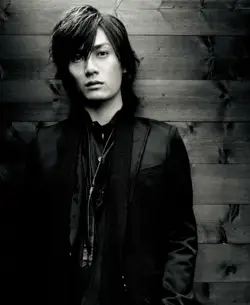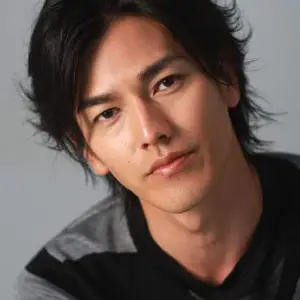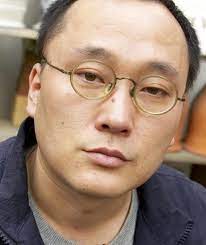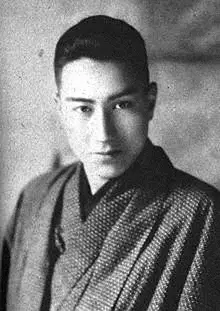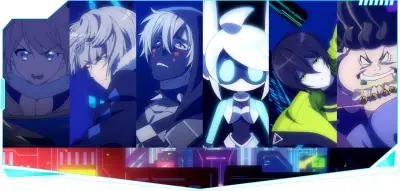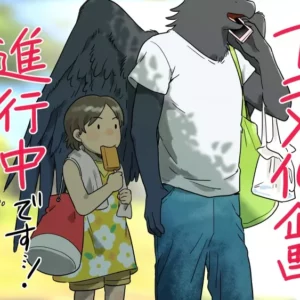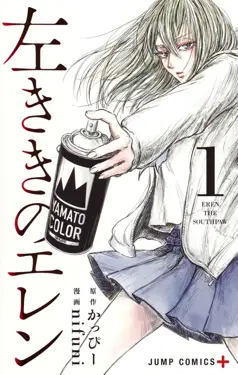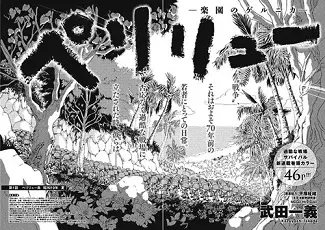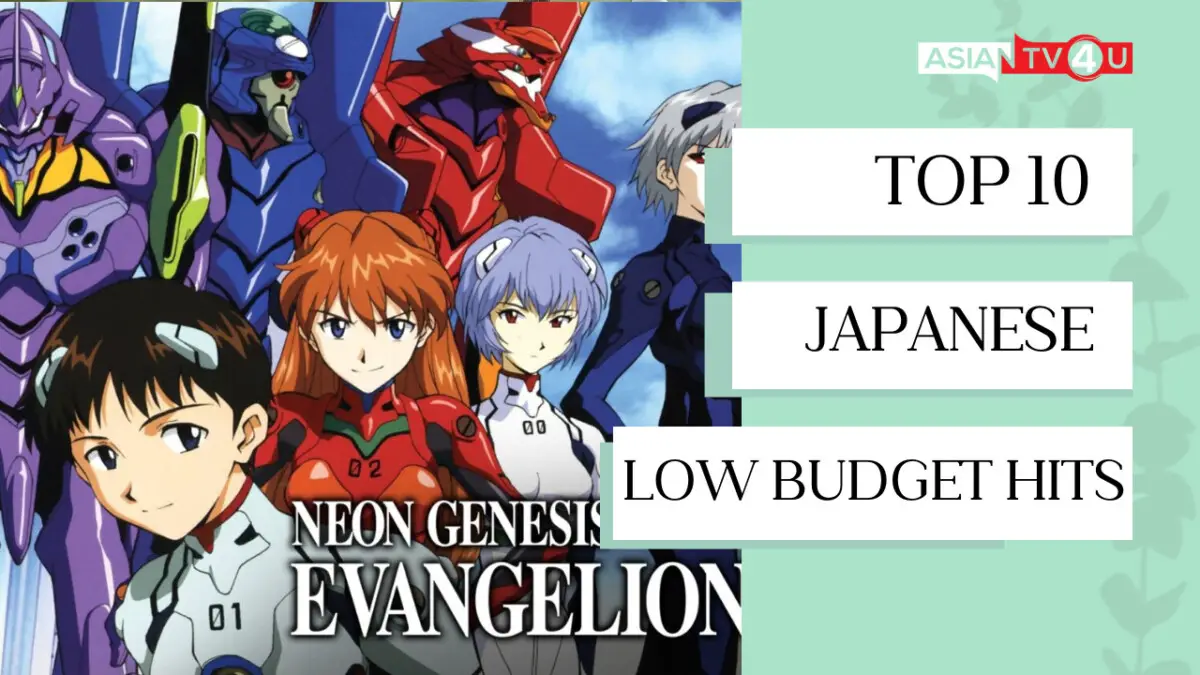
Modern cinematic technology has surpassed our greatest expectations. We watch movies on massive (and small) screens; we're awestruck by displays that bring every hue and shape to life; we see characters emerge from screens in ways that allow us to feel their breath, sweat, and movement. Simultaneously, technological advancements have made it feasible to produce films without the assistance of major film studios. What excellent news for aspiring filmmakers and indie films! Independent films have a certain allure, as they are often written, produced, and distributed on a shoestring budget without the help of significant studios or sponsors. It's the flexibility to explore their creators' artistic visions, push past traditional bounds, and focus on bold or inconceivable themes.
1. Melancholic (メランコリック), 2018
"Melancholic," director Seiji Tanaka's first lengthy feature, is a cross-genre phenomenon made on a shoestring budget of $3 million and limited time as Tanaka worked full-time to make ends meet. However, after screening at the Tokyo Film Festival in 2018, it was an instant sensation, earning Tanaka the Festival's Best Director Prize and invitations to many other international film festivals. The tale revolves around Kazuhiko, a graduate of Japan's premier academic school who is unemployed, socially shy, and still lives with his parents. He gets part-time work at the local public bath, where he responds to clients and washes the tiles because he has no plans. But when he finds that the spa is an execution site after business hours, and his new purpose is to clean up the bodies, his life is about to change. This film, made by only three young talents (Tanaka, protagonist, and co-producer Yoji Minagawa, and actor Yoshitomo Isozaki), is one of Japan's most watchable films in recent years to its dark premise and skilled storytelling.
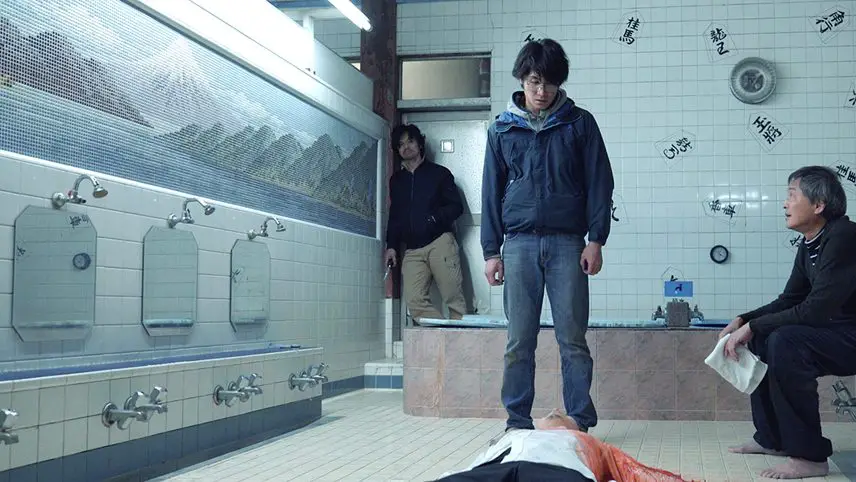
2. Siblings Of The Cape (岬の兄妹), 2018
Yoshio, who is physically crippled, and Mariko, profoundly autistic, are siblings who live in a tiny, filthy room isolated from civilization. But when Mariko returns home one day with a bill in her hands and evidence of intercourse, Yoshio's sensitivity is tested: might he take advantage of his sister's recent encounter? Mariko continues to blossom into a new character as he makes his decision, whose feelings come to life, even if they are painful for the spectator. "Siblings of the Cape" is director Shinzo Katayama's first film, with a budget of $3 million. He also edited, produced, and wrote the script. Despite having just six cinemas in Japan at its debut, the film had already grossed over 15 million yen in less than a month. The film, described as a "masterpiece" by South Korean filmmaker Bong Joon-ho (with whom Katayama worked twice as an assistant director, on "Tokyo!" in 2008 and "Mother" in 2009), infuses life into the tough to address issues of sexuality, criminality, violence, and impairments.
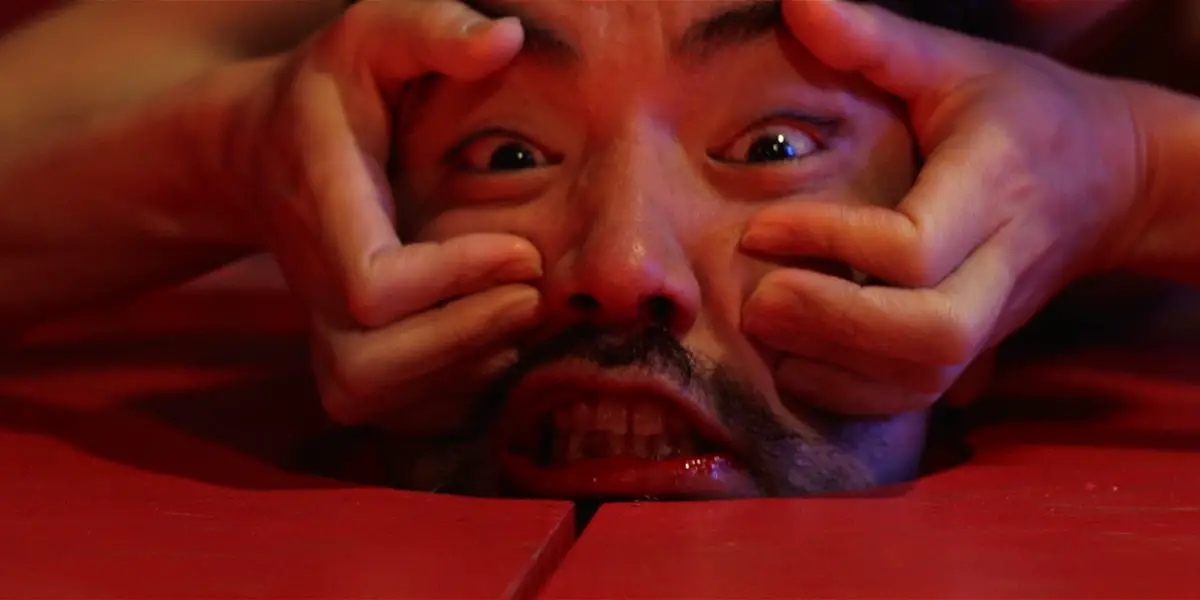
3. It Feels So Good, (火口のふたり), 2019
Haruhiko Arai, a veteran screenwriter, takes the helm for the first time to bring Kazufumi Shiraishi's award-winning novel of the same name to life. The story, written in the aftermath of the Great East Japan Earthquake of 2011, asks what one would do in the face of catastrophe — or, more specifically, which one would spend their final days. Naoko, a soon-to-be bride, reunites with her previous boyfriend, Kenji, only days before her wedding in the film adaption. Naoko urges Kenji to defy all ethical conventions and recover what they had lost for just one more night as the two nostalgically reflect on the past. What follows is a revelation that one night is insufficient and that when "the end" is approaching, humanity's fundamental impulses speak louder than before. "It Feels So Good," a low-budget high-profile sexual tale with only two actors as the complete ensemble, makes us reevaluate what "living freely" means in terms of enjoyment.
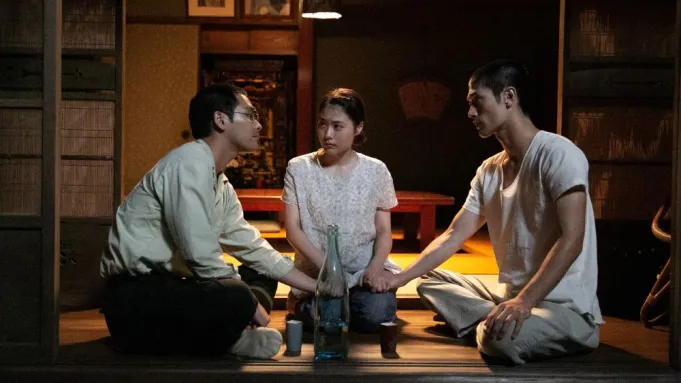
4. Jesus (僕はイエス様が嫌い), 2018
Jesus recounts the tale of Yura, an elementary school boy who comes to the countryside to live with his grandmother and is shot in eight days on a small budget by then-22-year-old first-time filmmaker Hiroshi Okuyama (who also created the storyline, edited, and filmed the picture). Despite being unfamiliar to Yura, he moves to a missionary school where daily prayers are the norm. A small Jesus appears before him to answer his prayers, just as he begins to doubt God's existence. While Yura loves having all of his wishes granted, the magic must eventually wear off, and he will be required to confront the tricky question: does God exist? While Okuyama was still in college, he shot this film. Several international film festivals recognized "Jesus," including the 66th San Sebastian International Film Festival, where it earned the New Directors Award.
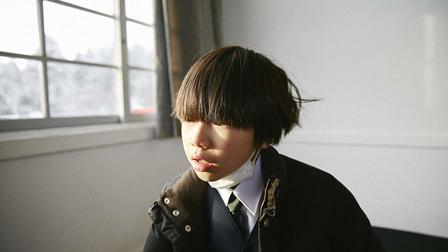
5. One Cut Of The Dead
A warehouse serves as the setting for a zombie film. The mood isn't great since the outcomes aren't excellent. The director and the actors become emotional and decide to take a break. At that point, actual zombies come and start killing people.
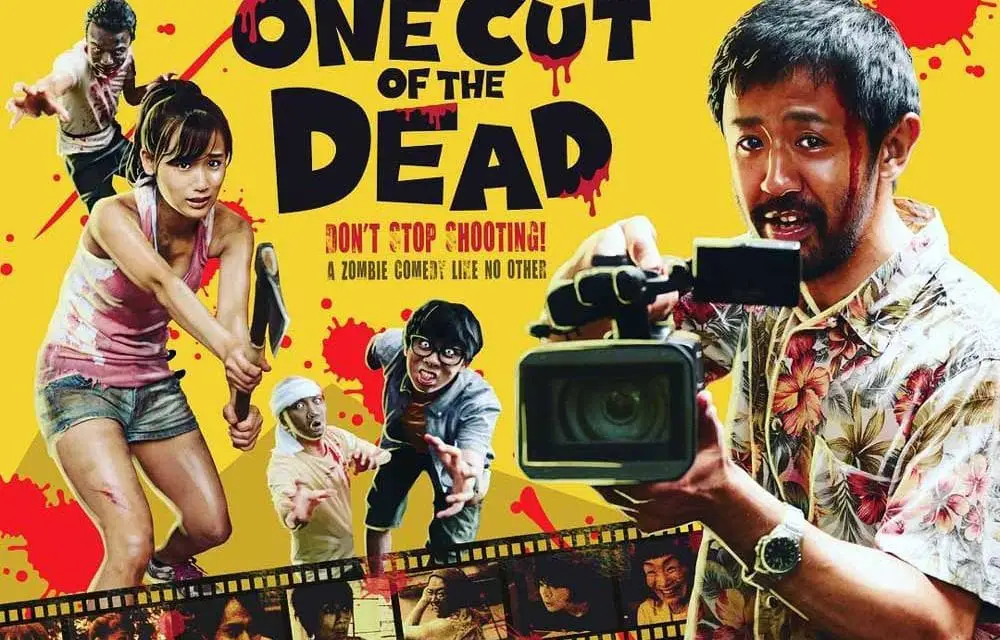
6. Tetsuo: The Iron Man
A bizarre man known only as of the "metal fetishist" is struck and potentially killed by a Japanese "salaryman" out for a drive with his girlfriend. The salaryman then sees that he is slowly overwhelmed by a sickness transforming his body into scrap metal. His opponent is not dead but somehow masterminds and leads his rage-fueled change.

7. Versus
"Versus" is a blood-soaked horror/action indie film from Japan. It was a cult smash upon its first release, introducing many westerns to Japanese cinema through its familiarity with western clichés of over-the-top action, gore, and machismo reminiscent of the works of Peter Jackson or Sam Raimi. None of these characteristics has lost their charm over the years since they still speak to a bygone age cherished by genre cinema enthusiasts. The production's sustained popularity is based mainly on the more spectacular parts, with blood and violence presence given in beautiful abundance. Both Ryuhei Kitamura and Tak Sakaguchi would stay in the spotlight due to their resourcefulness in leveraging their restricted resources to produce a clear and streamlined picture of chaos. Despite audiences being given a couple of decades of crazy movies from Japan becoming freely available, the idea remains intact and maintains the same thrills.
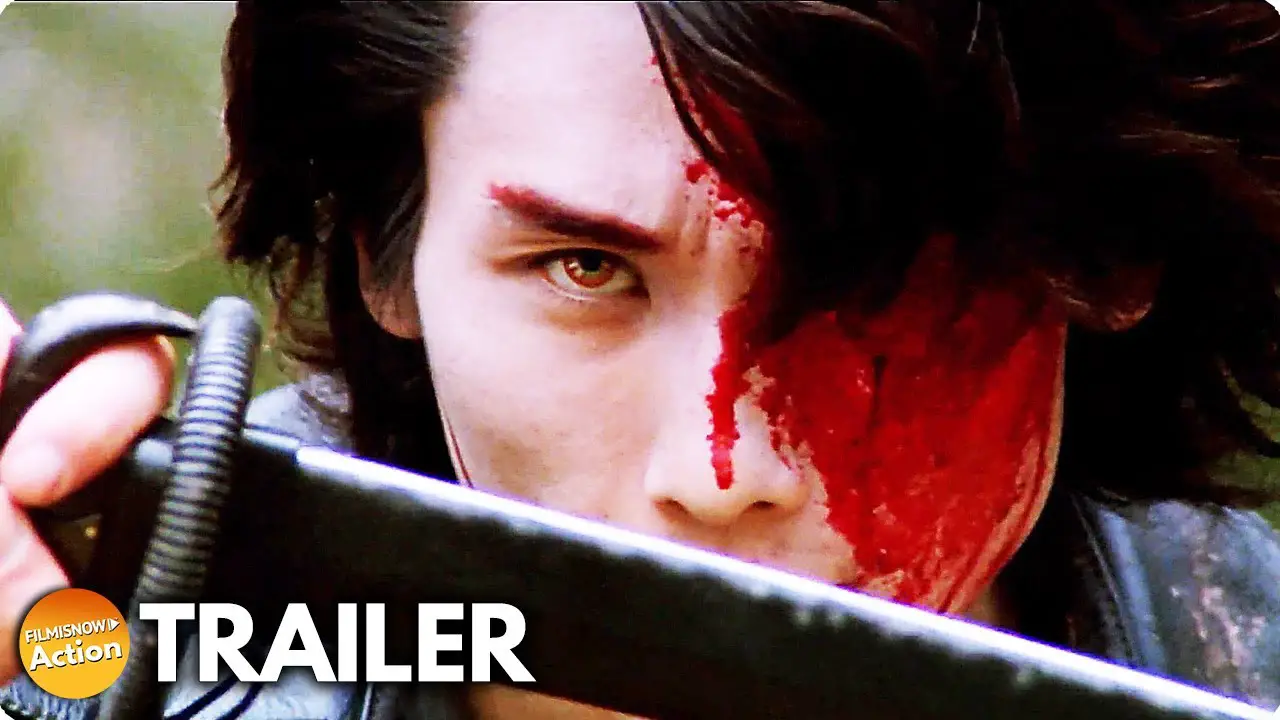
8. Dark Water
Yoshimi has just divorced and is hopeful that the family court will grant her custody of her six-year-old daughter, Ikuku. The only apartment she can locate for them is a run-down apartment building, where Ikuku discovers a little red purse holding children's toys on the roof. Yoshimi gives the bag to the caretaker, but it reappears the next day in the exact location. Even though the apartment above them is locked and looks to be unoccupied, they can hear loud footsteps and children running around. Mitsuko Kawai had vanished without a trace two years before. This woman worked at the same nursery school as Ikuku and was often seen with a small red bag slung over her shoulder. But this is just the beginning of a sequence of strange events that endanger Yoshimi and her kid, as the mansion hides more horrific creatures.
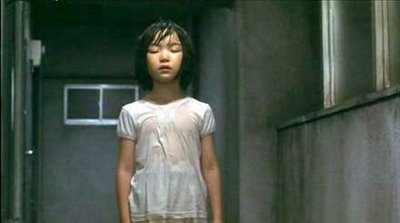
9. Kemono Friends
In the movie, a girl wakes up with no memory in a mystery zoo full of other females with varied animal traits in this series. Labour was required for the movies for over 500 days, even though budget constraints. Even the series director was shocked when the show proved successful despite its cheap budget. On the other side, the series would face public outrage following the firing of the series' initial director.
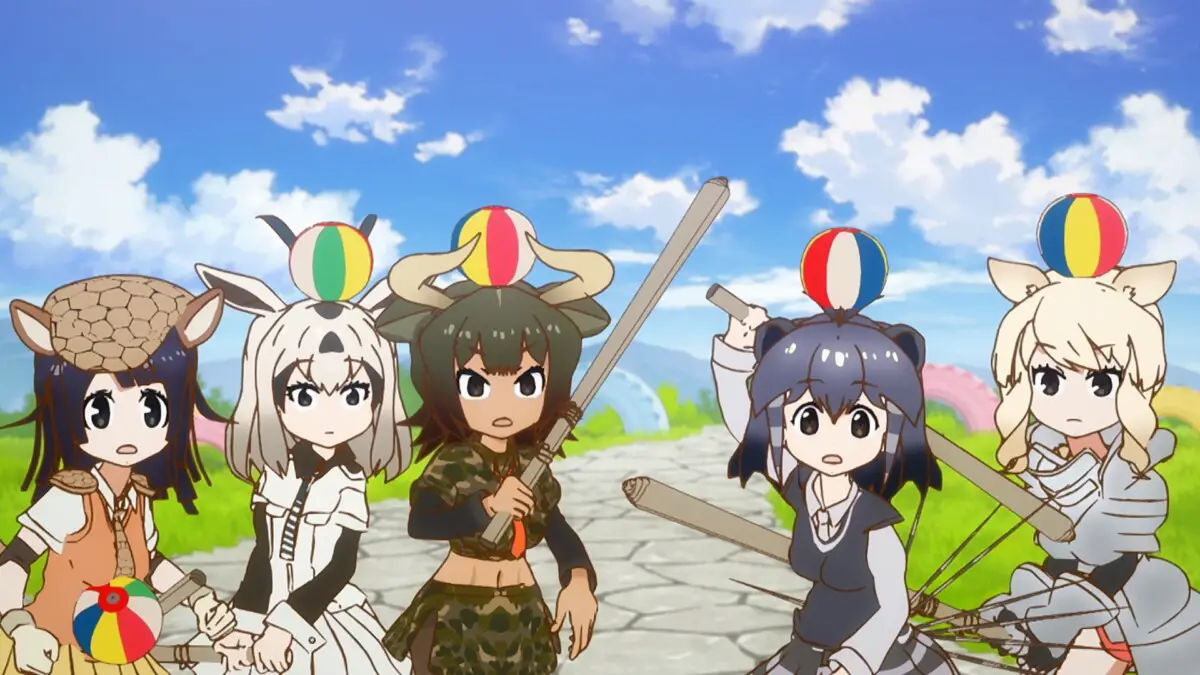
10. Neon Genesis Evangelion
This movie is one of the most well-known anime series of all time, yet there is a rumor that it ran into financial difficulties at the conclusion. One argument is that the series' last episodes were strange due to budget constraints, with the previous two episodes infamously employing a lot of stock material. In a comparable vein, it's thought that screenplays were rejected and altered at the last minute.
